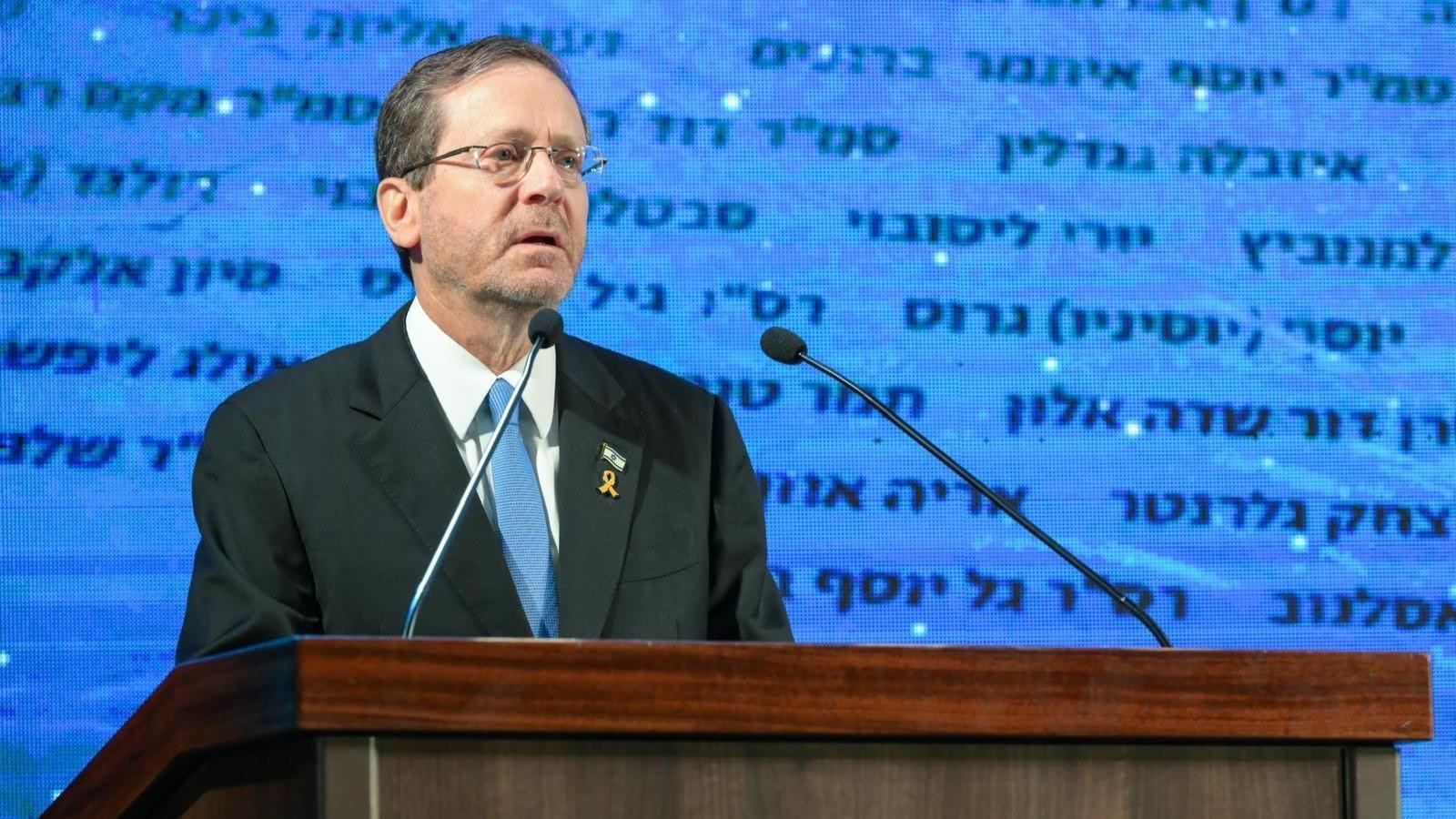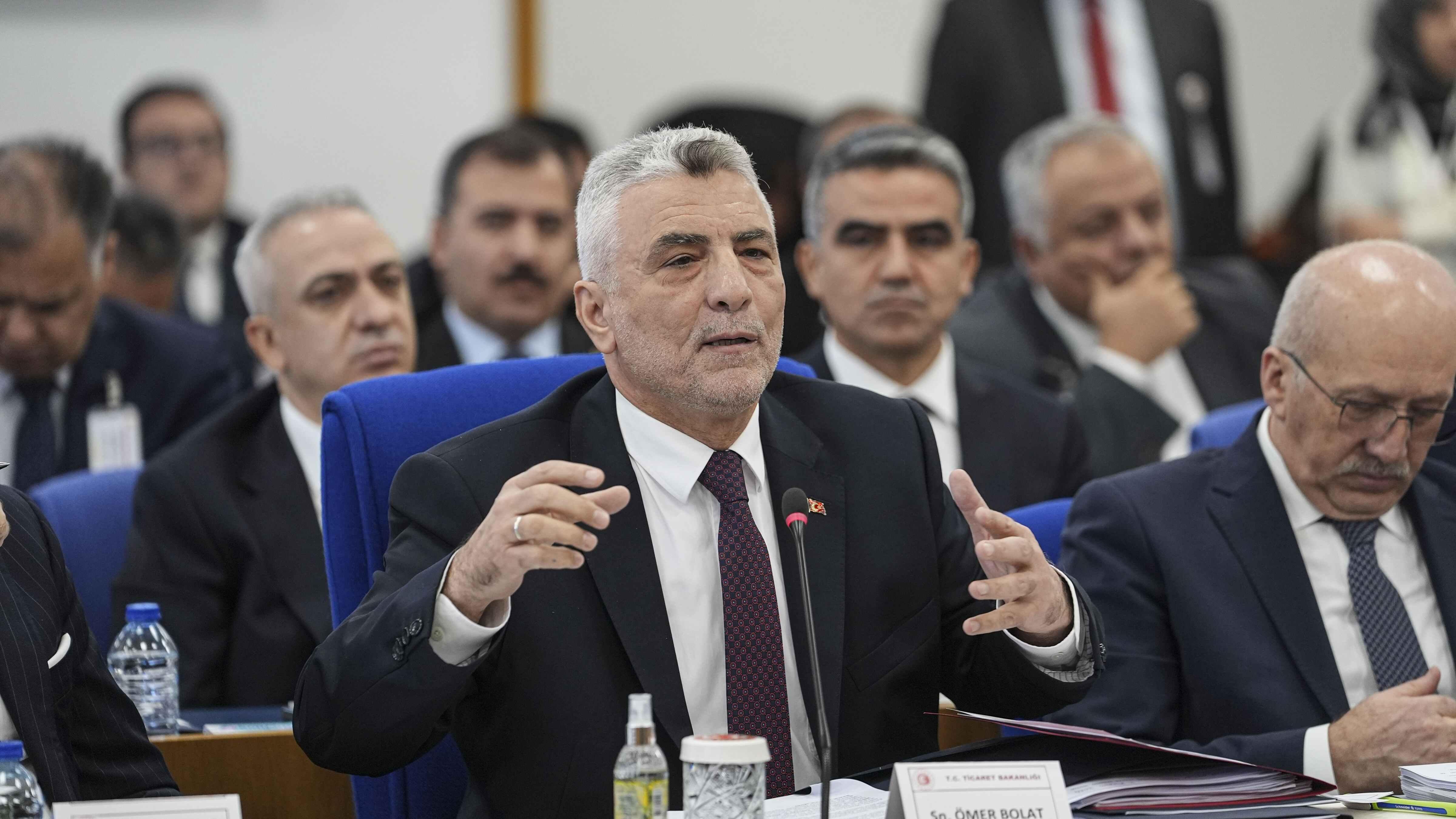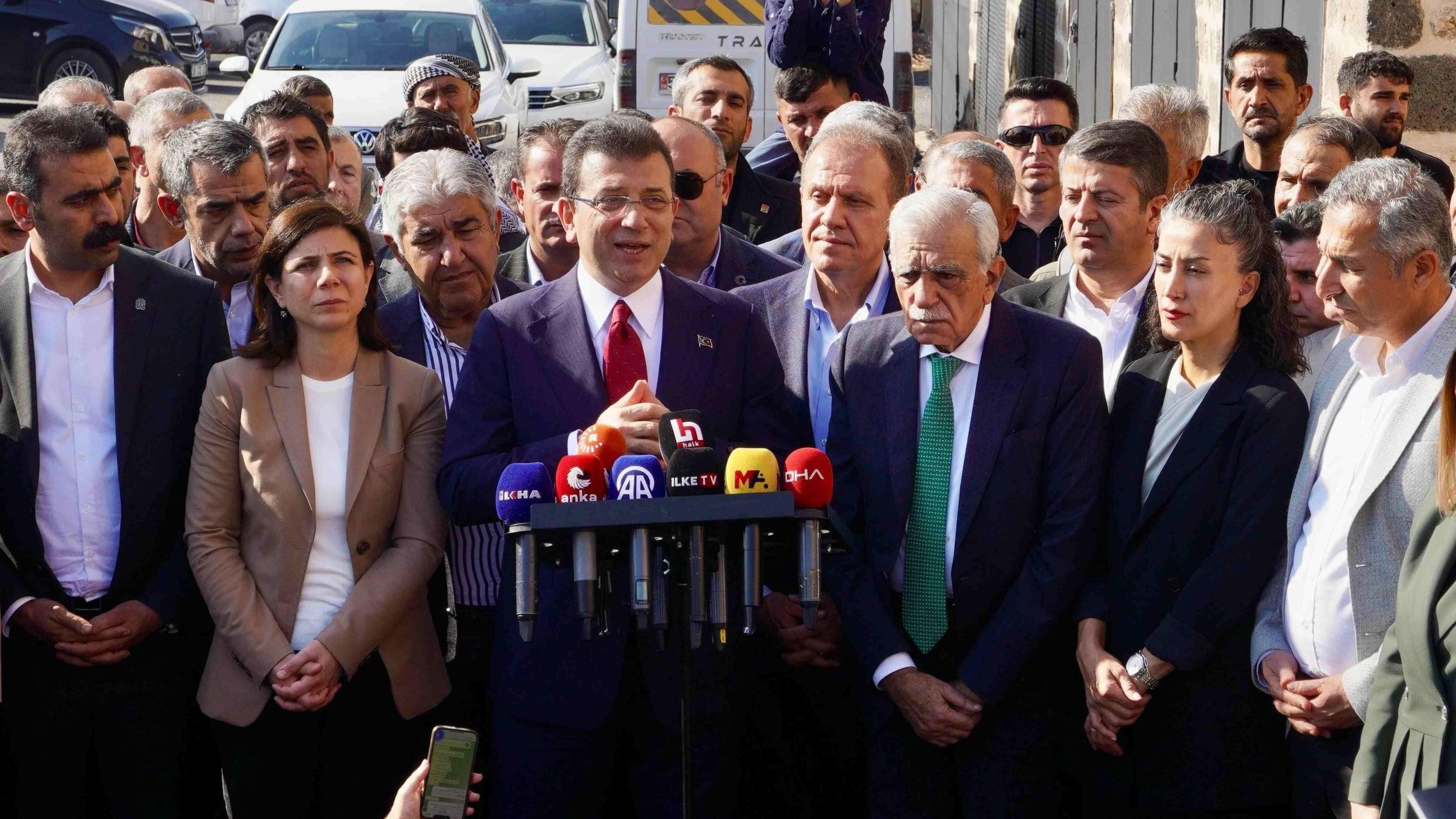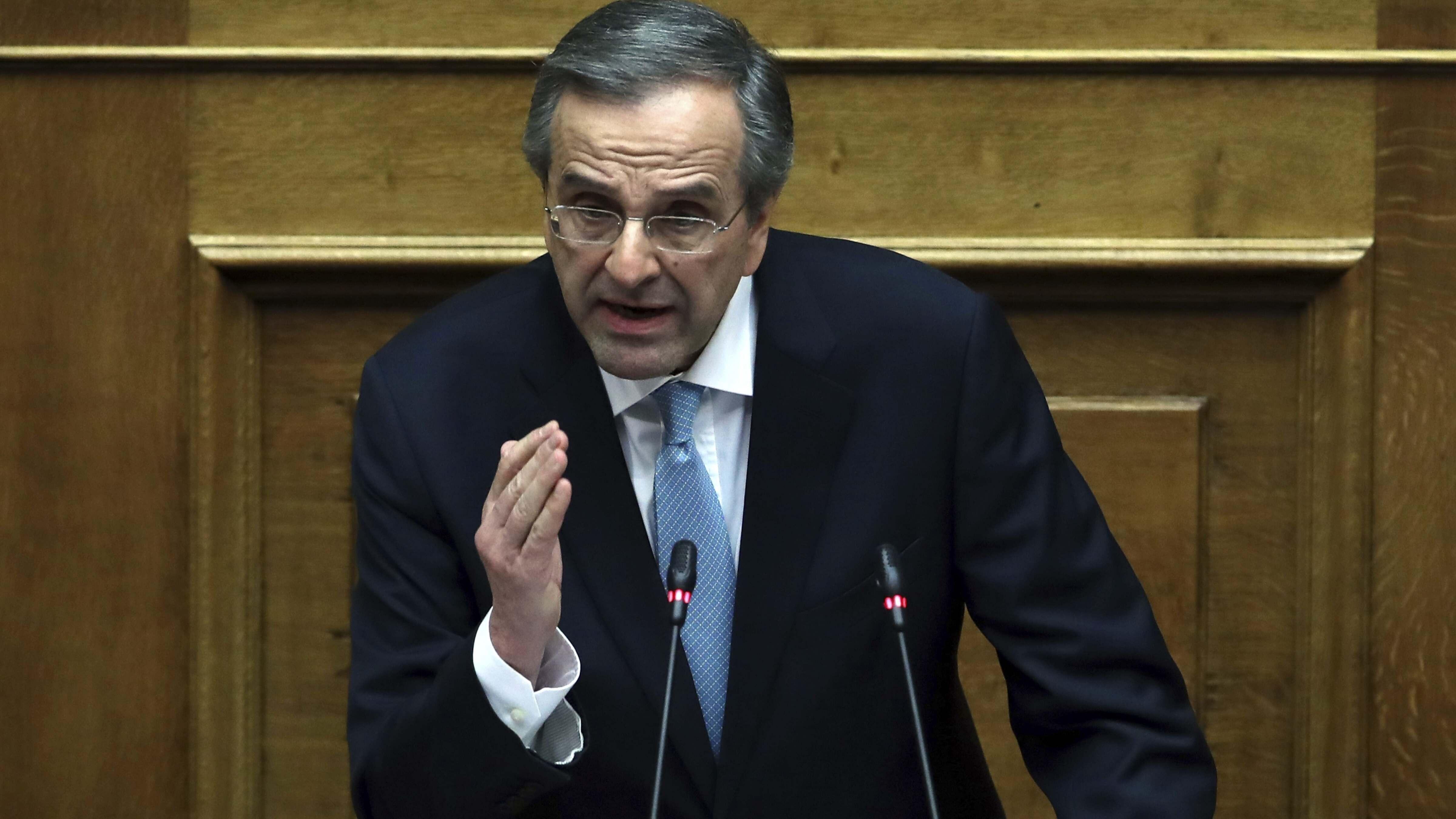Israeli delegation departs Cairo as pressure mounts for Gaza ceasefire
CAIRO

An Israeli delegation left talks in Cairo to pause the Israel-Hamas war on Tuesday, Israeli and U.S. media reported.
Israeli intelligence chief David Barnea met CIA Director William Burns in the Egyptian capital for talks on a Qatari-brokered plan to temporarily halt fighting in Gaza.
The negotiations, which also involved Qatar's prime minister and Egyptian officials, were part of an intensifying effort to secure a ceasefire before Israel proceeds with a full-scale ground incursion into the southern city of Rafah, where more than half of the territory's population has fled.
Foreign governments and the United Nations have voiced increasingly frantic alarm about the possible civilian toll of such an assault, while Israel has vowed to press ahead with its campaign until it successfully eradicates Hamas from all of Gaza, including Rafah.
The Times of Israel reported citing an official in the Israeli prime minister's office that Israel's delegation had left Cairo on Tuesday night.
The Wall Street Journal reported citing officials familiar with the talks that Barnea's delegation had departed the Egyptian capital "without closing any of the major gaps in the negotiations."
Egyptian state-owned television channel Al Qahera reported citing a senior Egyptian official that the talks would continue for another three days.
The same official said the talks had been mostly "positive," the television channel reported.
National Security Council spokesman John Kirby called the negotiations "constructive and moving in the right direction."
"Nothing is done until it is all done," he told reporters at the White House.
Ahead of the efforts to hammer out a truce, the Israeli campaign group Hostages and Missing Families Forum sent the Mossad chief a plea, saying the delegation must "not return without a deal."
Around half of the estimated 250 hostages taken by Hamas during the Oct. 7 attacks are still believed to be in Gaza. Israel says 29 of them are presumed dead.
At least 28,473 people, mostly women and children, have been killed in Israel's relentless bombardment and ground offensive in Hamas-run Gaza since then, according to the health ministry in the Palestinian territory.
No safe place
Israeli Prime Minister Benjamin Netanyahu has said Israel would provide "safe passage" to civilians trying to leave, but foreign governments, Gazans and aid groups have questioned where they could go.
"There is no place that is currently safe in Gaza," said U.N. spokesman Stephane Dujarric.
A report in the Wall Street Journal said Israel was proposing to create 15 campsites of around 25,000 tents each in southwestern Gaza as part of an evacuation plan.
It cited Egyptian officials saying the camps and field hospitals would be installed and administered by Egypt, although there has been no confirmation.
U.N. humanitarian chief Martin Griffiths warned Israel's planned military push into Rafah "could lead to slaughter".
As smoke was seen rising over Rafah, Al Jazeera said two of its journalists were severely wounded in an Israeli strike there.
Two other journalists with the broadcaster have been killed in the war, and its Gaza bureau chief Wael al-Dahdouh was wounded.
Israel's military said Tuesday that three more soldiers had been killed in Gaza, taking its losses to 232 since ground operations began on Oct. 27.
It also said its forces had killed more than 30 "terrorists" in Khan Yunis, southern Gaza's largest city, which has seen heavy fighting in recent weeks.
On a visit to the Gaza border, army chief Herzi Halevi said Israel's military was "preparing for the fighting to continue for a long time."
"If we do not continue to strike Hamas with determination, it will be difficult to bring back the hostages," he said.
Israel's military released a video Tuesday that it said was from a security camera and showed Gaza's Hamas chief and family members in a tunnel on Oct. 10.
"The footage shows the leader of Hamas and mass murderer, Yahya Sinwar, fleeing with his children and one of his wives," army spokesman Daniel Hagari said. AFP was unable to independently verify the footage.
The war's impact has been felt widely, with violence involving Iran-backed allies of Hamas surging across the Middle East.
Lebanon's Hezbollah has traded near-daily fire with Israel since the war began.
On Tuesday the head of the Iran-backed movement, Hassan Nasrallah, said the cross-border fire would stop only "when the attack on Gaza stops."
















